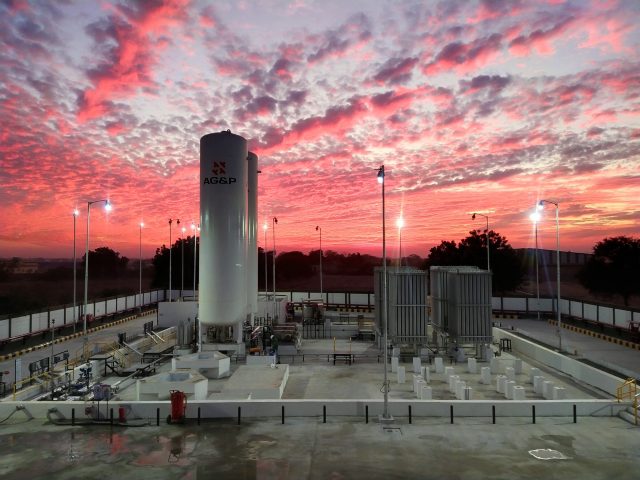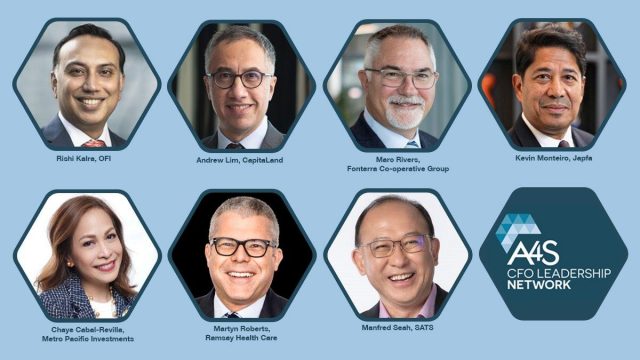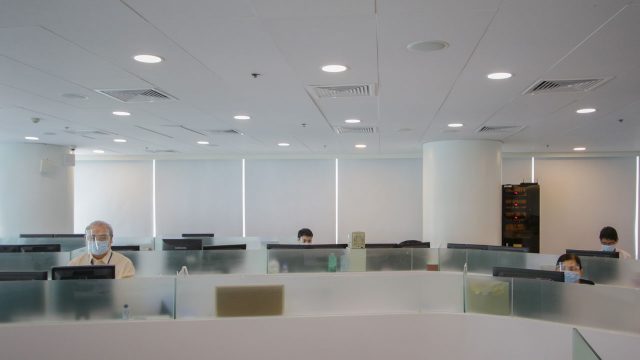SM steps up recovery efforts
With the pandemic, industries have shifted from ‘business as usual’ to ‘business unusual’, operating under several constraints yet finding ways to innovate, adapt and push towards critical recovery.
Corporations like SM Investments Corporation (SM Investments) have helped boost national recovery by ensuring essential support to the health sector as well as businesses within and beyond its ecosystem.
With the rollout of vaccination in the first quarter of 2021, SM offered its facilities as vaccination sites across the country to aid local government units (LGUs) to inoculate their respective communities safely.
SM Supermalls has supported the vaccination program of various local governments with over 6 million doses of the COVID-19 vaccine administered in 71 malls around the country to date.
In the recent national vaccination drive, dubbed as the ‘Bayanihan Bakunahan,’ a massive three-day vaccination event launched by the Philippine government to curb infection rates, the SM group actively supported the campaign by making 66 SM malls readily available as venues for the program that aimed to administer 9 million jabs to Filipinos nationwide.
Closer to home, about 130,000 SM employees have been vaccinated to date as the company continues to push for enhanced health and protection among its people.
“It is a main focal point of the company to provide the necessary care to our employees and extend this to the communities in hopes of an accelerated recovery,” said SM Investments President and Chief Executive Officer Frederic C. DyBuncio.
Beyond vaccination efforts, SM continued to support business continuity of Micro, Small and Medium Enterprises (MSMEs).
Through the SM StartUp Package, SM is offering start-up packages to MSMEs to boost their initial entry into the market.
These include start-up friendly rental rates and use of kiosks or carts free of charge; marketing assistance to give the brand free exposure in SM online assets and ad spaces inside malls; financial assistance with BDO Unibank; and mentorship from SM experts on operations and marketing.
This is available to the first 100 digital-based MSME owners who currently don’t have a shop inside SM or any other physical store in general. The StartUp Markets will be situated in prime mall locations within 13 regional and premier malls in major cities: SM North Edsa, SM Megamall, SM Mall of Asia, SM Southmall, SM Pampanga, SM Clark, SM Grand Central, SM Sta. Rosa, SM City Cebu, SM Iloilo, SM Bacolod, SM CDO Downtown Premier, and SM Lanang Premier.
For its part, 2GO Group, Inc. provided key services in strong support of the local economy by ensuring the unhindered flow of essential and fast-moving consumer goods, pharmaceutical and farm products, food, finished goods, raw materials and liquid bulk between Luzon, Visayas and Mindanao. It expanded its port coverage and trip frequency to increase regional connections and service underserved areas.
Airspeed, a part of SM Investments’ portfolio investments, was the only forwarder at the start of the lockdowns who was able to secure chartered flights to serve essential industries such as pharmaceuticals and food.
Retail operations through food, non-food and pharmaceuticals stores created safe working environments for customers. These stores remained open throughout the pandemic, ensuring customers had ongoing access to essential goods.
Moving Stronger to 2022
SM Investments’ chief executive reiterated the importance of adaptation and innovation as in the case of SM, it found ways to conduct business by combining both its physical and digital strengths to better serve the public.
“We’ve seen the varying approach of different industries during this time of the pandemic. Its impact on our industry has led to fast-track our foray into e-commerce to be a fully serviceable and viable channel of delivering goods and services to both our production partners and, of course, to our customers,” said Mr. DyBuncio.
SM likewise has underscored the need to future proof its operations in 2022 and the coming years forward.
One such innovation was “Call to Deliver”, SM Store’s hybrid shopping service available through #143SM, Facebook Messenger and Viber that allows customers to chat with store personal shoppers and have their items delivered right at their doorstep or picked up in-store for a personalized and safe approach.
SM Markets for its part also enhanced SM Markets Online, its one-stop shopping platform that showcases all basic necessities as well as select premium or specialty items.
SM Supermalls launched SM Malls Online Mobile App, its online shopping app for shoppers who want to buy from their trusted mall brands, favorite restaurants or even authentic gadgets from Cyberzone in one delivery or pickup from preferred SM malls. The SM Malls Online App is currently available in SM Megamall, North EDSA, Mall of Asia, Fairview, Southmall & Aura Premier with more malls to come in 2022.
Through BDO’s Cash-Agad program, SM helped micro-businesses in far flung areas with cash withdrawal enabled through the Point-of-Sale terminals of the bank’s many partners.
“Many MSMEs bore the brunt of the pandemic. And as close partners to several of these enterprises, it’s imperative that we pay it forward and support the backbone of our economy,” he said.
Spotlight is BusinessWorld’s sponsored section that allows advertisers to amplify their brand and connect with BusinessWorld’s audience by enabling them to publish their stories directly on the BusinessWorld Web site. For more information, send an email to online@bworldonline.com.
Join us on Viber to get more updates from BusinessWorld: https://bit.ly/3hv6bLA.



 For instance, iNQUiRO’s 360° Customer Dashboard and Audience Builder, an intuitive platform, gives clients access to valuable consumer information, particularly behaviors and trends. The service is complete with optimized tools and resources that help businesses transform data into valuable and actionable insights and explore various opportunities.
For instance, iNQUiRO’s 360° Customer Dashboard and Audience Builder, an intuitive platform, gives clients access to valuable consumer information, particularly behaviors and trends. The service is complete with optimized tools and resources that help businesses transform data into valuable and actionable insights and explore various opportunities. For more information about iNQUiRO, visit
For more information about iNQUiRO, visit 










